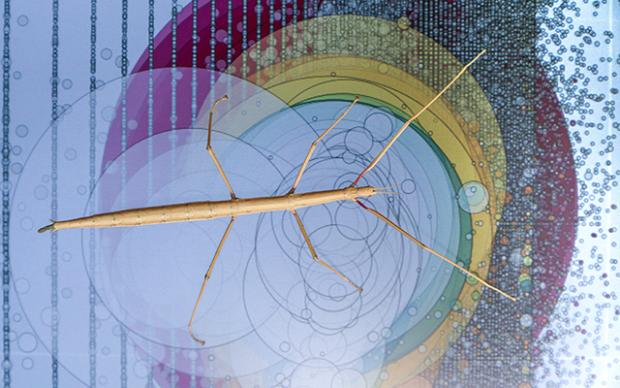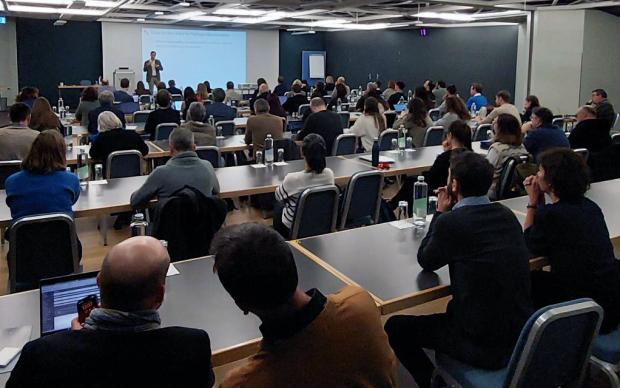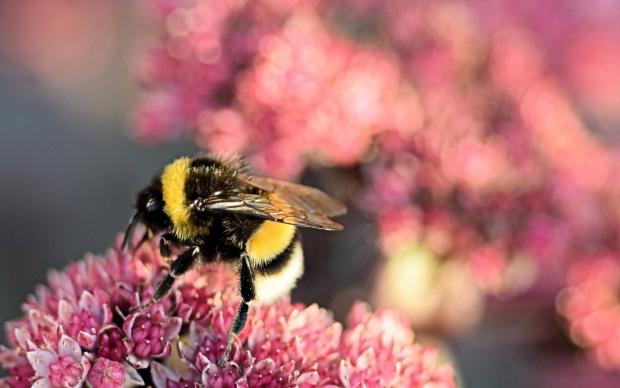SIB is part of a newly launched pan-European project looking at how microorganisms can improve the climate resiliency of plants and crops. MICROBES4CLIMATE will provide researchers with an integrated network of infrastructure to boost our knowledge on the interaction between soil microorganisms, plants and the environment. In this ambitious endeavour, 30 partners from 13 countries are coming together to upscale the sharing of data on the topic, with SIB representing ELIXIR and Switzerland. Our teams will be involved in enabling faster insights across data sources, through knowledge representation and environmental bioinformatics expertise.
About MICROBES4CLIMATE
This project aims to provide users and researchers, irrespective of their location, with efficient access to a cluster of complementary world-class Research Infrastructures. With these, it will be possible to conduct curiosity-driven, cross-disciplinary research addressing terrestrial biodiversity and ecosystems, including agricultural and (agro)forestry ecosystems. This will shed light on the still poorly understood interactions between microbiomes in the soil and plants and their roles in climate change responses.
Unveiling the role of soil microbes through interconnected infrastructure
Soil microorganisms are the most numerous and diverse living entities on the planet. They play a major role in various functions of life, such as in the health of plants. With terrestrial biodiversity and ecosystems being under severe threat due to human activities, it is crucial that these plant-microbe interactions, and their potential for resilience, are better understood.
Such investigations are however extremely data-intensive, in terms of the heterogeneous data types to be harnessed or their sheer volume, and thus require large-scale coordination of existing resources, cutting-edge data expertise and capacity building.
SIB is part of the newly launched and EU-funded project MICROBES4CLIMATE, which aims to tackle this challenge. The project proposes to empower a wide community of scientists through an integrated network of specialized research infrastructures (RIs) across Europe, offering key resources and services, and aligning with open research data principles. By so doing, more knowledge will be unravelled and made widely accessible, while reducing the need to re-generate data in experiments that can often be costly.
Knowledge representation to enable faster insights
To visualize connections between data, knowledge representation is valuable to help researchers discover which other topics are relevant to their findings. SIB will be contributing its expertise in knowledge representation to enable intuitive queries between datasets, which will thus enable faster insights to be gathered by more researchers. This contribution to MICROBES4CLIMATE will be piloted by our knowledge representation unit, led by Tarcisio Mendes de Farias and Ana-Claudia Sima. This competence is increasingly essential and sought after in large-scale projects, as exemplified by SIB’s coordinating role in another European project, TRIPLE, which has recently received funding to make open research data a reality.
The newly established Environmental Bioinformatics group, led by Robert Waterhouse, will also contribute and leverage its know-how in developing data science solutions to address environmental challenges.
Also read: SIB launches a group on Environmental Bioinformatics
Ultimately, the MICROBES4CLIMATE project, coordinated by the Microbial Resource Research Infrastructure MIRRI-ERIC, and bringing together thirty partners from across Europe and the US, will pave the way for data-driven research that enables sustainable and resilient agriculture – among other benefits.













